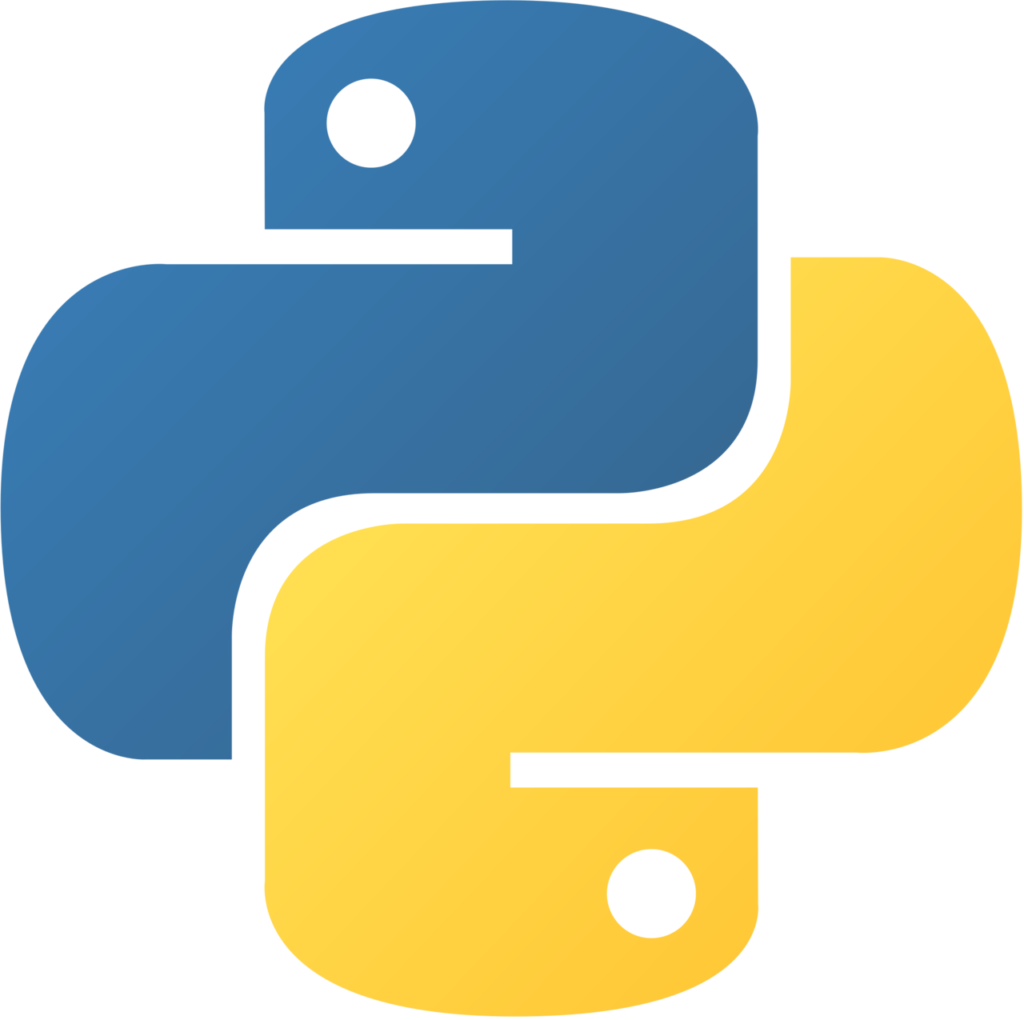
Python is a high-level, general-purpose, interpreted programming language known for its emphasis on readability due to its significant use of indentation. Its object-oriented features and well-structured syntax make it ideal for creating clear and logical code for projects of any scale.
Python, created by Guido van Rossum in the late 1980s as a successor to the ABC programming language, is garbage-collected and dynamically typed. It supports multiple paradigms, including structured (procedural), object-oriented, and functional programming. Its extensive standard library has earned it the reputation of being a “batteries included” language.
The language’s evolution has been significant, with Python 0.9.0 released in 1991, Python 2.0 in 2000 introducing list comprehensions and reference-based garbage collection, and Python 3.0 in 2008 bringing non-backward-compatible changes. Python 2 reached its end-of-life in 2020 with version 2.7.18.
Below is a roadmap to becoming a proficient Python programmer, covering key areas for growth:
Python Coding Skills
Python skills can be categorized into three levels:
- Beginner Level:
Learn the basics, including data types (numbers, strings, dictionaries, tuples), control flow (if statements, loops), functions, file operations, and modules. - Intermediate Level:
Master exception handling, classes, inheritance, iterators, generators, and list/dictionary comprehensions. Understand object-oriented programming (OOP) to design modular and maintainable software. - Advanced Level:
Explore multitasking, multithreading, multiprocessing, locks, unit testing (e.g., Pytest), decorators, and context managers to handle complex scenarios.
Data Structures and Algorithms
A solid grasp of data structures and algorithms is critical for writing efficient Python programs. Understanding these concepts ensures you can tackle problems effectively and optimize your code.
Debugging Skills
Strong debugging skills are essential. They help you identify and resolve issues quickly, ensuring that unexpected problems don’t derail your projects.
Using Libraries Wisely
Python’s popularity stems from its extensive libraries, such as NumPy for numerical computing. Familiarity with libraries not only simplifies complex tasks but also boosts productivity. Learn to organize your code properly for better readability and maintainability.
Open Source Contribution
Participating in open-source projects is an excellent way to enhance your Python knowledge, gain hands-on experience, and collaborate with other programmers.
Mastering the Art of Asking for Help
Learn to ask effective questions on platforms like Google, Stack Overflow, or GeeksforGeeks. Seek mentorship rather than direct answers, and engage with online communities to grow your skills.
Projects, Projects, Projects
Practical experience is invaluable. Work on diverse projects to reinforce your knowledge, solve real-world problems, and improve your confidence as a programmer.
By following this roadmap and remaining consistent in your efforts, you can transition from a beginner to a professional Python programmer, ready to tackle any challenge.



